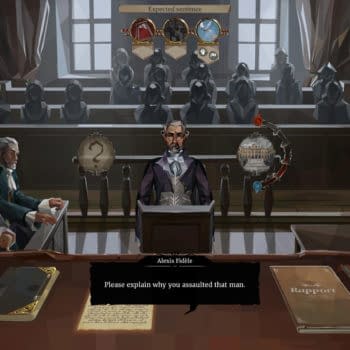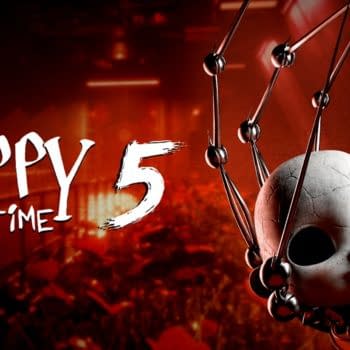Posted in: Games, Video Games | Tagged: chicago, playstation, PlayStation Plus
PlayStation Owners in Chicago will be Taxed Extra for Game Rentals
Starting Wednesday, PlayStation owners in the city of Chicago will need to pay an extra 9% tax on some purchases due to the city's Amusement Tax. A ruling back in 2015 by the city's department of finance extended the Amusement Tax to cover streaming content as well as more traditional forms of entertainment. On Wednesday, Sony will begin complying with that ruling for PlayStation owners in Chicago.
Polygon reports:
The tax applies to things like rentals, not full sales of video games (where other sales taxes would still apply). Chicago, like many cities, has had an amusement tax for years, and last year moved to increase it (which the public detested) to help shore up a budget deficit.
A ruling in 2015 by the city's department of finance extended the tax to charges for streaming content — including movies, music and games — paid by customers in the city. It has since been called the "cloud tax," "Netflix tax," and even the "Hamilton tax" after the blockbuster musical.
It's important to note this is for rentals, not full sales, which would already be subject to local and state sales taxes that PlayStation began collecting back in 2016.
PlayStation users with a billing address in the city got a notice this week saying the tax would be applied toward transactions on all of the PlayStation Store's streaming and rental offerings — PlayStation Plus, Now, Vue, Music, Video on Demand and Video Live Events.
The tax will only affect rental sales, as full game sales are already subject to local and state taxes thanks to a PlayStation Store update in 2016. The tax will affect all users with a billing address in the city of Chicago. The tax will be applied toward transactions on all of the PlayStation Store's streaming and rental services including PlayStation Plus, PlayStation Now, Video on Demand, Video Live Events, Music, and even PlayStation Vue.
The tax is not without its opponents as Apple sued the city back in August, calling the tax unconstitutional. The Apple suit is still in arbitration.





![[REVIEW] "Gang Beasts" is Zany Party Madness](https://mlpnk72yciwc.i.optimole.com/cqhiHLc.IIZS~2ef73/w:350/h:350/q:75/rt:fill/g:ce/https://bleedingcool.com/wp-content/uploads/2019/09/gang-beasts-7-350x350.jpg)




![[REVIEW] "Divinity: Original Sin II" Definitive Edition is Almost Perfect](https://mlpnk72yciwc.i.optimole.com/cqhiHLc.IIZS~2ef73/w:350/h:350/q:75/rt:fill/g:ce/https://bleedingcool.com/wp-content/uploads/2018/08/Divinity-Original-Sin-2-Definitive-Edition-art-350x350.jpg)





